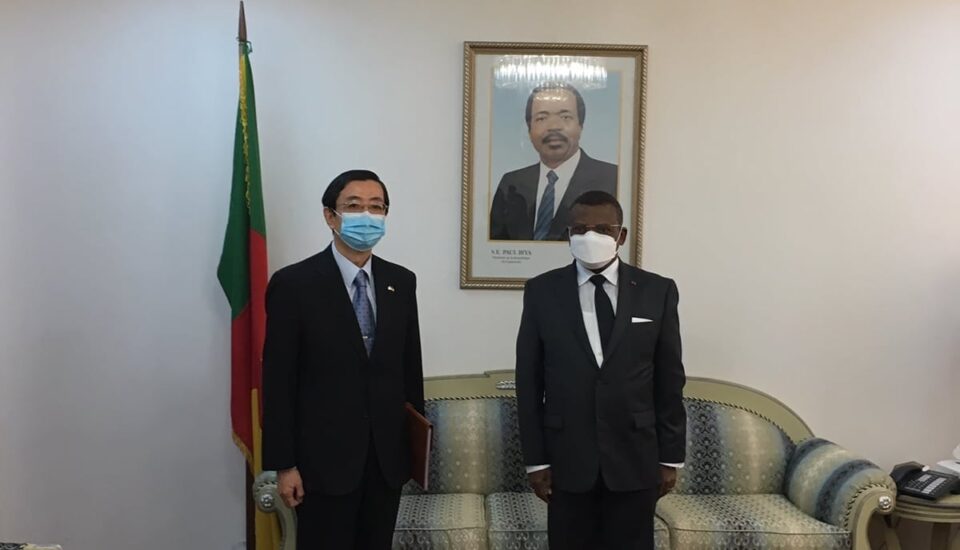Luc Messi Atangana, the City Mayor of Yaoundé, has announced a ban on street hawking along several major streets, effective January 20, 2025.
This decision targets informal vendors operating with makeshift setups such as wheelbarrows and portable stalls in high-traffic zones, citing concerns over congestion, safety, and public aesthetics.
Atangana’s directive specifically affects bustling areas like Mokolo, Messa, and Carrefour MEEC, where street vendors have long occupied sidewalks and roadsides. The mayor argues that these informal vendors obstruct pedestrian pathways and contribute to traffic disruptions, making it imperative to restore order in the city.
While the government seeks to improve public safety and traffic flow, the implications for vendors—who rely on these spaces for their livelihoods—are profound. For many vendors, these stalls represent their primary source of income. The ban threatens to dismantle their livelihoods without offering viable alternatives, raising concerns about the government’s commitment to social welfare.
Reactions to the ban have been divided. While some residents welcome the initiative for creating a more organized urban environment, many vendors fear for their futures. The disconnect between government intentions and the realities faced by ordinary citizens highlights the complexities of urban governance.
Government has in the past engaged with vendors and communities to explore alternative solutions. Establishing designated vending areas, improving sanitation, and implementing support programs to transform informal markets into thriving spaces that benefit both vendors and the public. With the growing phenomenon, government seeks to put order and defaulters of the ban face serious legal repercussions.
Claudette Chin




